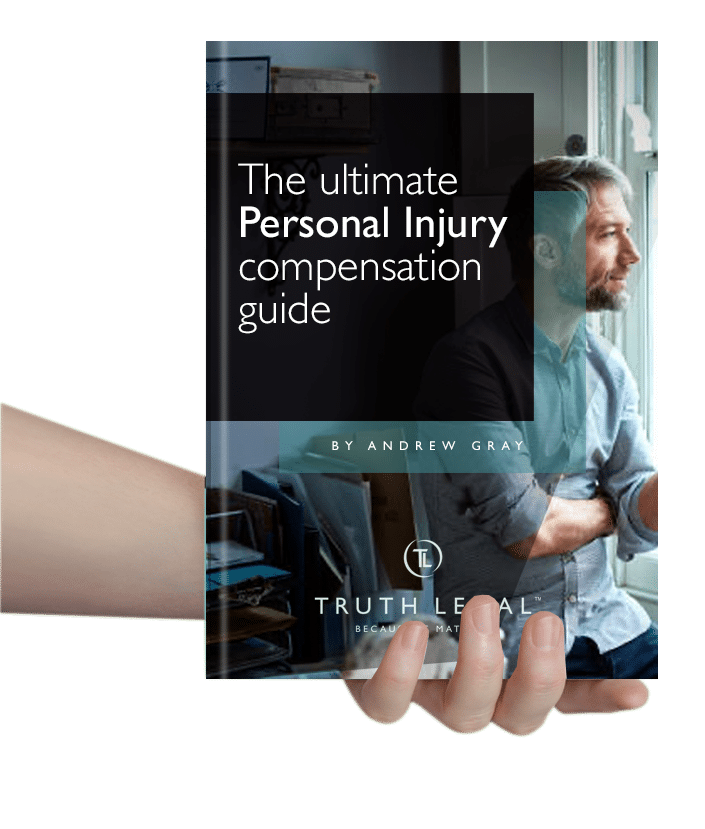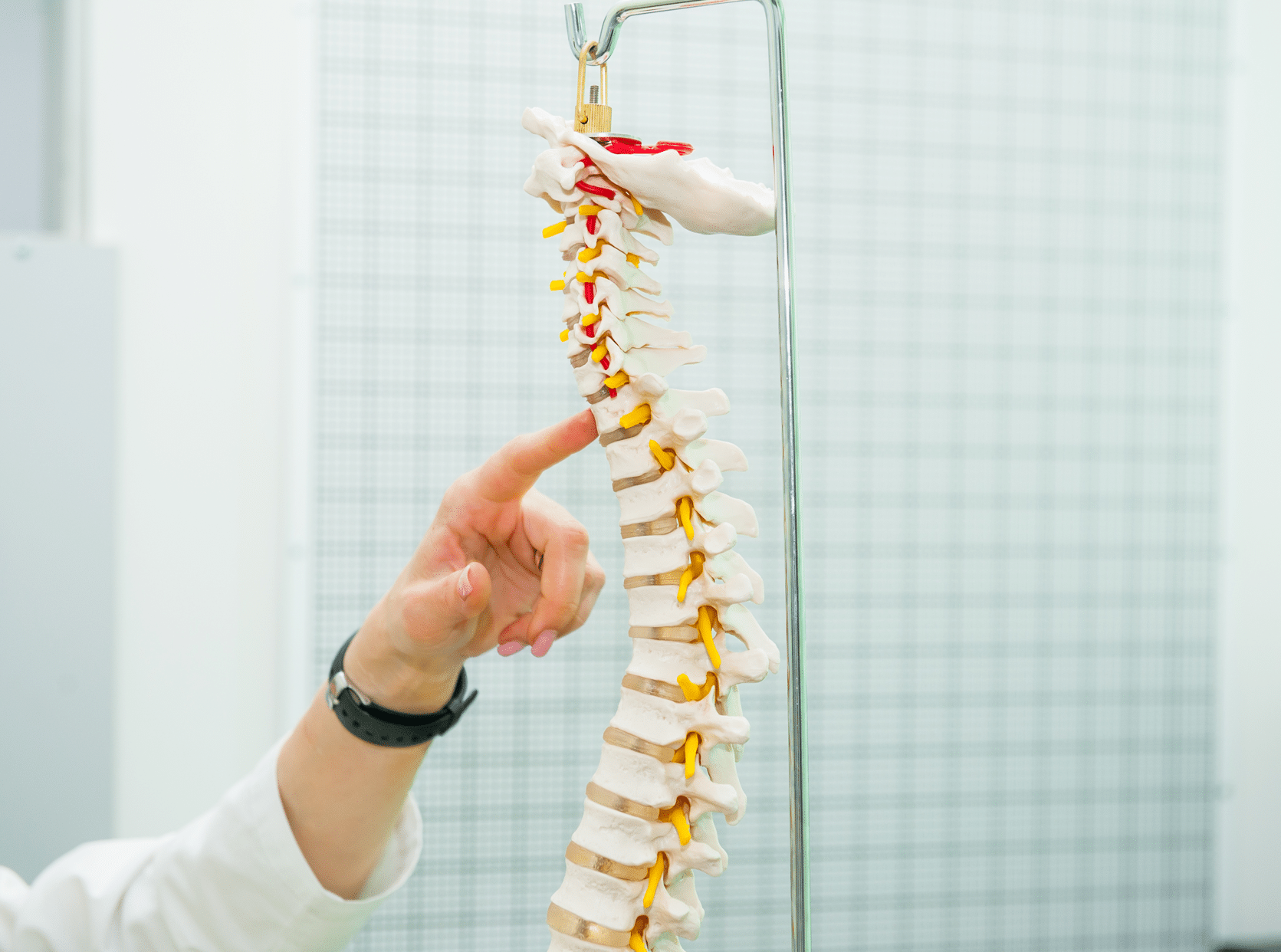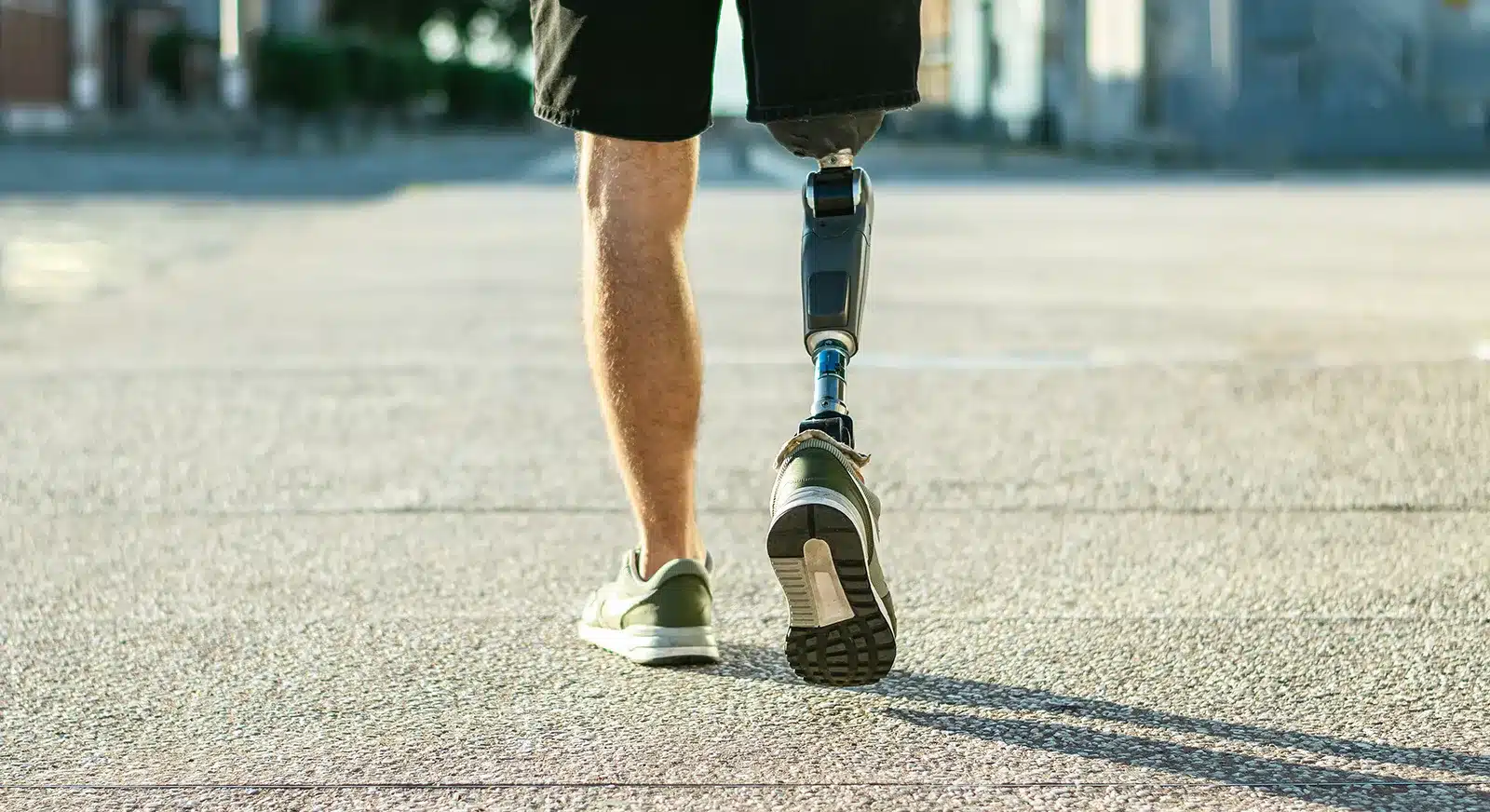Dangerous working conditions often require workers to use some form of safety equipment. Equipment which protects against accident in the workplace risks is often referred to as Personal Protective Equipment (PPE).
PPE can include all kinds of safety gear, each protecting against different kinds of hazards.
PPE Equipment Examples
- Safety goggles
- Gloves
- Masks and respirators
- Protective footwear
- Overalls or protective suits
- Hard hats or helmets
- Ear defenders
- Safety harnesses for working at height
Inadequate protective equipment
If you work with PPE, you are entrusting your health and safety to that equipment. If that PPE is unsuitable, or in poor condition, you may no longer receive the safety benefits intended. The law surrounding PPE is mostly contained in the Personal Protective Equipment at Work Regulations 1992 found here.
Depending on the hazards you are facing, inadequate PPE can easily lead to injuries or the development of industrial diseases. These include:
- Broken bones, soft-tissue injuries, lacerations
- Burns
- Industrial deafness
- Eye damage or loss of sight
- Occupational asthma or other lung conditions
Inadequate PPE can cover many situations, including PPE which is:
- In poor condition and no longer provides protection.
- Unsuitable protection from the hazard you are facing. For example, a breathing mask which can only filter large particles, such as dust, is no protection from finer particles, such as harmful chemicals.
- Ill-fitting or incompatible with other PPE which you must wear.
It is your employer’s responsibility to ensure the PPE you have been given is fit for purpose. Your employer must also provide training for using the PPE correctly. Failing to do so could constitute negligence and may give rise to an accident at work compensation claim.
Inadequate PPE Claims FAQs
Why should I contact Truth Legal?

We offer:
- Free initial consultations
- Specialist technical knowledge and experience – so you can rest assured that your case is in the best hands.
- Practical advice – tailored to your situation.
- Strong representation – fighting for the compensation and outcome you deserve.
- Support and compassion – friendly, knowledgeable professionals on your side through a difficult time.
Our team of specialist personal injury solicitors and Legal Executives have the abilities to recover the compensation you deserve.
We have offices in Harrogate, Hull and Leeds, with a presence in York, Manchester and London, but we help clients nationwide.
To find out more, read our blog:
Further reading
Read our extensive guide for more information on accidents at work claims.
























